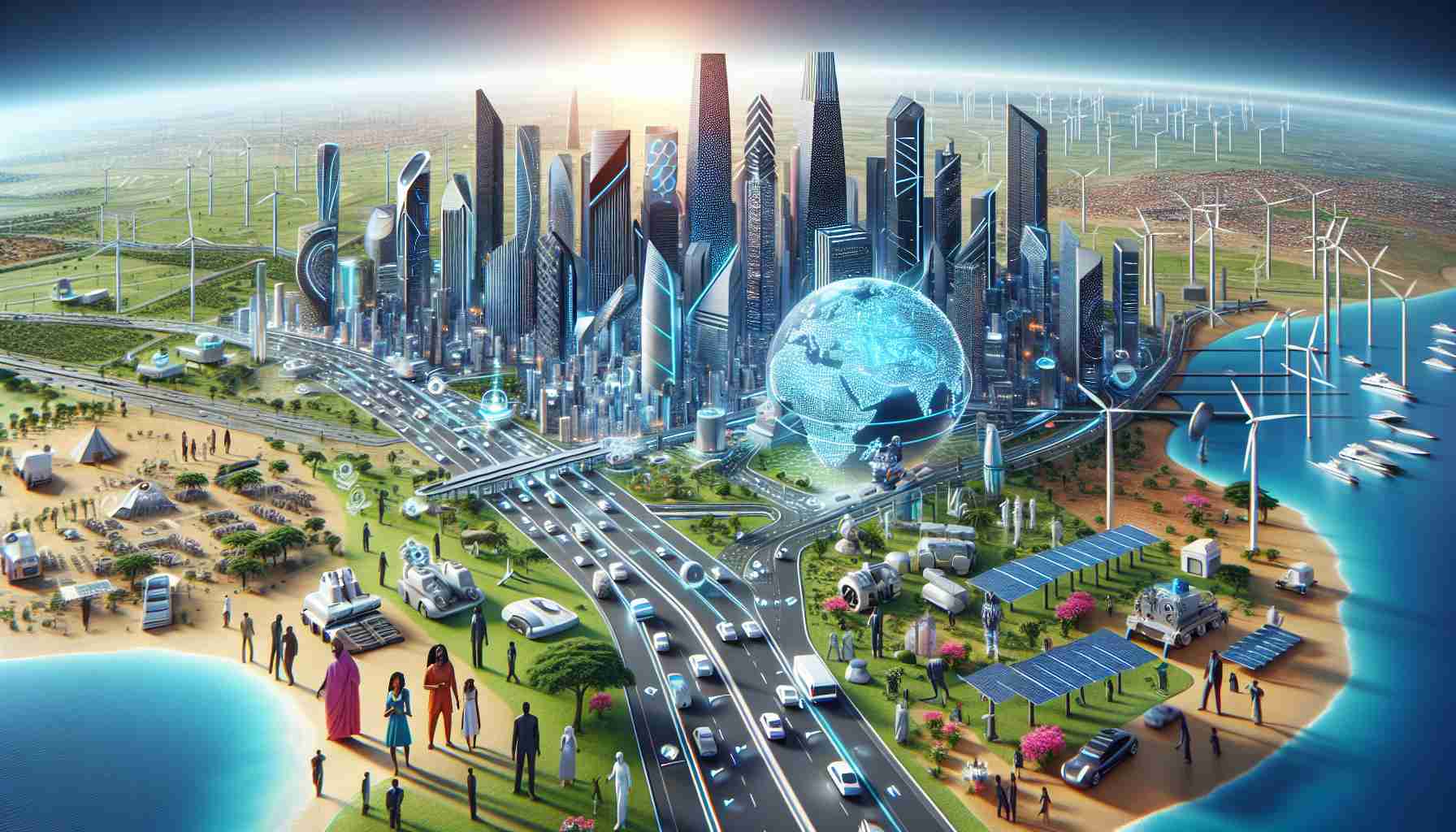An Insightful Forecast
Lázaro Bustince, the director of CIDAF, is examining the future landscape of Africa as we approach 2025. His analyses encompass a variety of critical dimensions including politics, economics, and education. By anticipating the emerging trends and challenges, Bustince provides a comprehensive overview of the prospects that lie ahead for the continent.
In the realm of politics, Bustince sheds light on the increasing demands for democratic governance and accountability, suggesting that many nations will likely seek reforms to better meet the aspirations of their citizens. Instability in certain regions continues to raise concern, but there is a growing hope for improved relations between governments and local communities.
Economically, Bustince highlights that Africa is on the brink of significant transformations. The push for innovation and technology integration within various sectors aims to spur economic growth. Increased foreign investment and a focus on sustainable practices could reshape the continent’s economic landscape.
As for education, Bustince emphasizes the critical role it will play in empowering the youth. He notes that anticipated improvements in educational infrastructure and access are essential for nurturing the next generation of leaders.
Overall, Bustince’s forecasts present a mixed landscape of challenges and opportunities that Africa faces as it approaches the mid-2020s. The potential for progress is evident, paving the way for a more dynamic continent.
African Futures: Trends Shaping the Continent by 2025
Africa is rapidly evolving, and as we move toward 2025, a confluence of political, economic, and educational trends will dictate the continent’s trajectory. Expert analysis by Lázaro Bustince, the director of CIDAF, reveals insights into these dynamics, highlighting not only the challenges but also the vast potential that lies ahead.
Political Landscape: Reforms and Aspirations
The political scene in Africa is characterized by increasing demands for democratic governance and accountability. Countries across the continent are expected to undergo significant reforms aimed at aligning government actions with citizen needs. The rise of civil society movements and digital activism is propelling these demands, fostering a more inclusive political atmosphere.
However, the risks of instability remain, particularly in regions experimenting with governance changes. Bustince predicts that nations embracing transparency and citizen engagement will likely strengthen their political institutions, while others may face setbacks if they resist reform.
Economic Transformation: Innovation at the Forefront
Economically, Africa stands on the brink of significant transformation. The integration of technology and innovation into various sectors is vital for driving growth. Investments in digital infrastructure, fintech solutions, and renewable energy projects are expected to bolster economic resilience.
A focus on sustainable practices—such as green technology and responsible resource management—will help Africa navigate the challenges posed by climate change. Bustince emphasizes that foreign investment is increasing, which could lead to job creation and enhanced skill development among local populations.
Education Trends: Empowering the Youth
Education is a crucial pillar in realizing Africa’s potential. Bustince underscores the importance of improving educational infrastructure and access, particularly in underserved regions. Anticipated initiatives aim to equip the youth with essential skills for the 21st century, fostering a generation of innovators and leaders.
Countries are likely to adopt more technology-driven learning approaches, bridging the educational gap and ensuring that the workforce is prepared for emerging industries.
Use Cases and Innovations
– Tech Startups: The surge in local tech startups leverages mobile technology to solve everyday problems, from agriculture to healthcare.
– E-learning Platforms: Online learning resources are becoming more prevalent, making education accessible to remote areas.
– Renewable Energy Projects: Solar and wind projects are attracting investment and providing sustainable energy solutions across the continent.
Limitations and Challenges
While the prospects are promising, significant challenges remain. Issues such as poverty, healthcare accessibility, and geopolitical tensions may hinder progress. Moreover, the digital divide must be addressed to ensure equitable access to technological advancements.
Pricing and Market Insights
Investment in African markets is increasingly seen as an opportunity. Key sectors like technology, agriculture, and tourism show considerable potential for returns. According to recent analyses, foreign direct investment in Africa rose by 15% in the last two years, indicating growing confidence among investors.
Conclusion: Predictions for 2025
As Africa approaches the mid-2020s, the interplay of political reforms, economic innovation, and educational advancements will define its future. With a focus on sustainability and empowerment, the continent is poised for a transformation that could reshape its narrative on the global stage.
For more insights into Africa’s dynamic landscape, visit this site.
